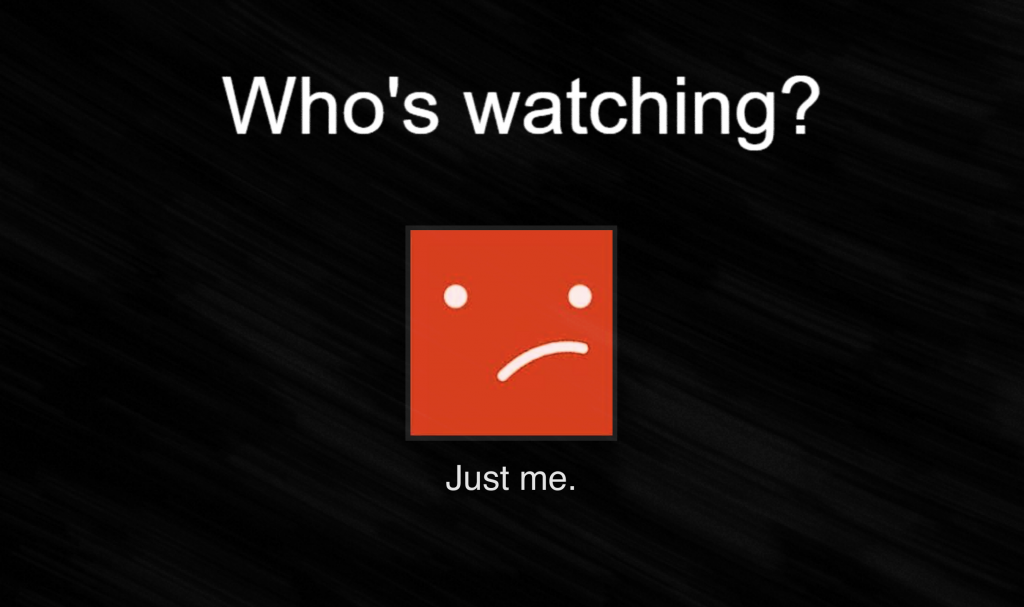For about two decades, Netflix has been the premier subscription service for viewing movies and TV shows. They started with a mail service, and eventually paved the way for online streaming.
Competitors like Hulu, Amazon Prime Video, Disney+, HBO Max and Paramount+ have all cropped up to rival Netflix in the streaming market. This competition has led Netflix to almost one million subscribers quitting the service in the second quarter of 2022 – the biggest loss since its inception.
All of these pressures have led Netflix to try and increase its profit margins in several ways. First, the company increased the subscription fee and introduced a basic plan with ads and a premium plan without ads. However, this wasn’t enough.
Now, the company has turned towards password sharing. There are around 100 million people sharing passwords, which represents a huge consumer base that could be monetized.
One may wonder how Netflix could stop people from sharing their passwords but it’s actually quite simple. The streaming service is already tracking what you watch, where you watch it and your device information, so it would be easy to tell if you aren’t signing in from the primary household.
Every month, any user on an account will have to connect to the primary household’s network. There will be an added option to create two sub-accounts for people that don’t live with the subscriber, but that will add an extra fee to the subscription. However, these users will still need to check-in.
We don’t know the full extent of these changes quite yet. Currently, the plan is being rolled out in Latin America, Canada, New Zealand, Portugal and Spain, and depending on the feedback, the new rules could be changed before they come to the US, which is expected to happen sometime before the end of the first quarter.
The biggest worry is how this change will affect college students since a lot of them can’t go back to their homes every month to check in. This could mean that students will need to start paying for their own Netflix accounts.
If this block on password sharing is successful in raising Netflix’s profits, then this could cause waves throughout the industry, with other subscription services being encouraged to follow suit. It would cause a fundamental change in how millions of people gain access to films and TV.
On the flip side, these changes could also backfire. People may decide that it isn’t worth it anymore and start canceling their Netflix subscriptions, which would hopefully cause the platform to realize that policing password sharing isn’t a good idea.
I like to stay optimistic, but we’ll just have to wait and see what happens.


